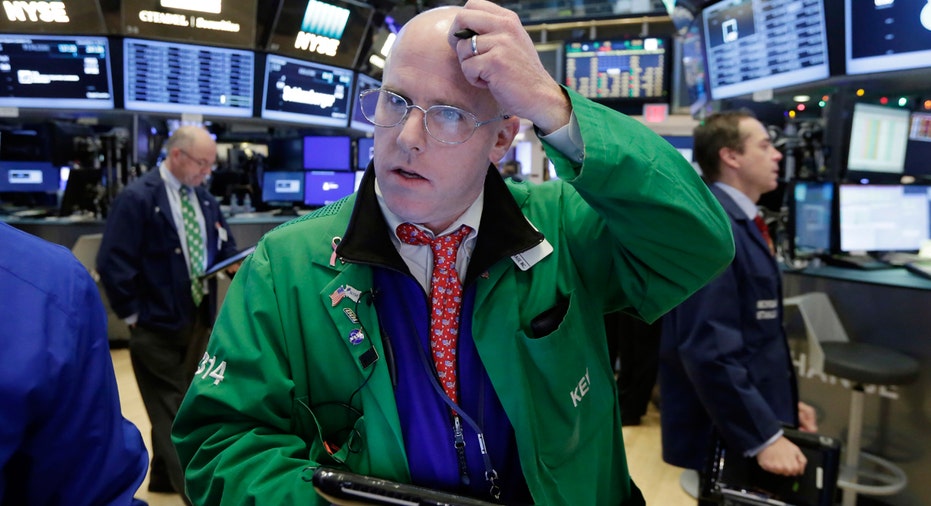Stocks Slip on Thin Holiday Trading

U.S. stocks pulled back Thursday, as a postelection rally eased heading into the holidays.
Market activity has dwindled in recent sessions, with trading volumes trailing off and stocks, currencies and government bonds moving in narrow ranges.
The Dow Jones Industrial Average surged 8.6% from Election Day through Dec. 13, the day before the Federal Reserve raised interest rates, but the index is little changed since then.
Many investors and traders say the markets are likely to drift along through the end of the year.
"Few traders want to open new positions" shortly before the Christmas break, said Lee Wild, stockbroker at Interactive Investor.
Despite the recent lull, the Dow Jones Industrial Average is on course for its best December since 2010, when it rose 5.2%. The Dow industrials are up around 4% this month, compared with December 2015, when they dropped 1.7%, and December 2014, when they fell less than 0.1%.
Many investors are optimistic that U.S. stocks will continue their rally in 2017 -- although they caution that stocks' trajectory hinges on continued improvement in corporate earnings and the successful implementation of tax cuts under the new administration.
"If that doesn't come through, we could be in for some trouble," said Tom Cassidy, chief investment officer at Univest Wealth Management Division, who added that it is unlikely there will be much clarity on the policy front until the second half of 2017.
On Thursday, the Dow Jones Industrial Average fell 25 points, or 0.1%, to 19917. The S&P 500 slipped 0.2% and the Nasdaq Composite lost 0.5%.
Consumer-discretionary shares led declines in an otherwise muted session, falling 1.1% in the S&P 500.
Bed Bath & Beyond, which posted a decline in quarterly profit earlier this week, shed nearly 10%. Gap and Nordstrom fell more than 5% each.
As stock indexes have advanced over the past six weeks, government bonds have pulled back. The yield on the 10-year U.S. Treasury note rose to 2.550% Thursday after previously settling at 2.544%. Yields rise as prices fall.
"The roller coaster we've witnessed in the interest-rates market has been pretty epic -- we hit generational lows [in yields] midyear, and just as quickly...have given back all of those gains and more," said Mark Heppenstall, chief investment officer at Penn Mutual Asset Management.
Mr. Heppenstall expects yields to continue to rise next year, given the potential for fiscal stimulus in the U.S. to boost a strengthening economy.
Elsewhere, the Stoxx Europe 600 slipped 0.2% as the basic-resources sector declined. Hong Kong's Hang Seng Index finished down 0.8% and Japan's Nikkei Stock Average slipped 0.1%, pulled lower by financial stocks.



















